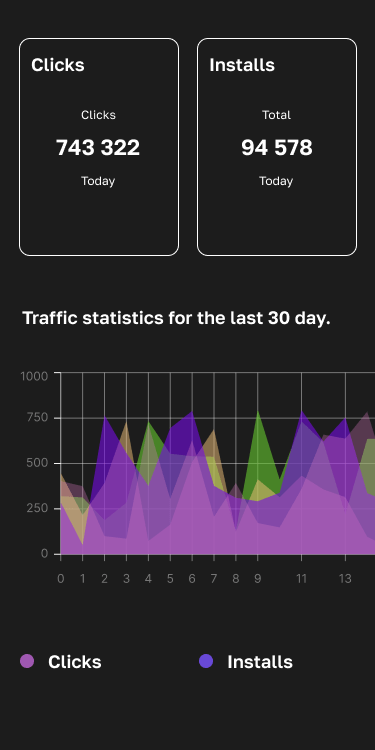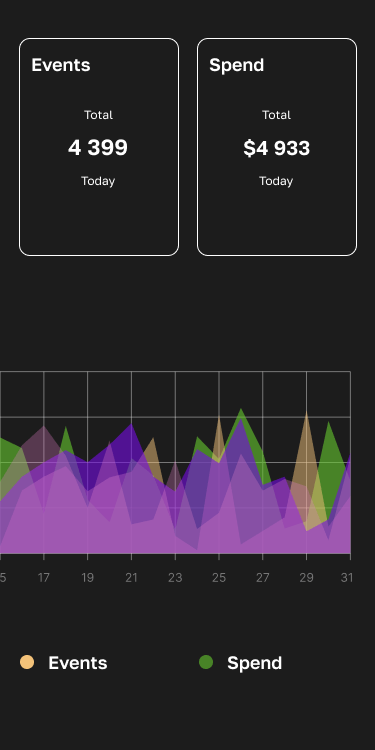Alphabet has reported the first $100 billion quarter in its history, a milestone driven largely by gains in its advertising business and reinforced by the company’s accelerating investment in artificial intelligence. According to reporting from AP News and Reuters, Google’s AI-powered ad products, revamped Search experiences, and expanding cloud capabilities played a central role in delivering both higher engagement and higher advertiser value.
A Historic Quarter Built on AI-Driven Momentum
Alphabet’s Q3 results mark a defining moment for the digital advertising industry. As AP News notes, the company generated $102.3 billion in revenue, crossing the $100 billion threshold for the first time. Of this, advertising remained the company’s core engine: Google’s combined ad business produced more than $74 billion, growing roughly 13% year over year.
Executives attributed this growth directly to the company’s “full-stack AI approach.” According to Reuters, new AI-driven Search formats, including AI Overviews and AI-enhanced query recommendations, have boosted user engagement and increased the volume of commercial search queries. These higher-value queries translate into stronger returns for advertisers, reinforcing Google’s relevance in a competitive ad ecosystem.
The company’s cloud business, which underpins much of its AI infrastructure, also posted significant gains. AP News reports that Google Cloud revenue grew 34%, reaching over $15 billion and benefiting from enterprise adoption of AI development tools and models.
How AI Is Changing Google’s Ad Performance
Alphabet’s leadership credits AI not as a distant strategy but as a direct driver of quarterly performance. Across Search, YouTube, and performance ad products, AI is powering:
- More relevant ad matching, improving outcomes for advertisers
- Higher user engagement, especially within AI-augmented Search experiences
- Faster and more efficient ad creation, thanks to automated recommendations
- Incremental revenue opportunities, as AI expands the number of commercial-intent queries
Reuters highlights that these AI enhancements helped the company outpace analyst expectations for both Search and YouTube advertising, demonstrating the commercial impact of AI across multiple surfaces.
Advertisers benefit too: AI-driven recommendations are improving ROAS, and advanced bidding systems are identifying demand more precisely. For brands, this means more predictability in campaign performance during a period when many digital channels are facing rising costs and measurement challenges.
Growth With Margin Pressure: The Cost of Scaling AI
Despite the revenue milestone, Alphabet’s profitability reflects the cost of building AI at global scale. Reports from Finviz and Reuters highlight rising capital expenditures tied to data centers, specialized AI chips, and cloud expansion; all required to support next-generation models and serve AI-powered products to billions of users. These investments led to operating margin pressure, even amid record revenue.
This signals an important trend: AI is becoming integral to Alphabet’s business model, but it requires continuous infrastructure spending to sustain. For advertisers, this reinforces the value of platforms that can consistently reinvest in performance technology and maintain long-term innovation.
What This Means for the Digital Advertising Landscape
Alphabet’s first $100B quarter indicates more than financial success, it represents a structural shift in the global ad market:
- AI is now proven at scale. It is not a speculative technology but a revenue-driving component across Google’s ad products.
- Search is evolving. AI-powered results are increasing both engagement and commercial value, reshaping how advertisers think about search marketing.
- Advertiser confidence remains strong. As Reuters notes, Alphabet’s results “soothed anxious investors,” demonstrating the resilience of ad spend on AI-enhanced platforms.
- AI infrastructure is becoming a competitive moat. Alphabet’s heavy investment signals that sustainable ad performance will depend on deep AI capabilities, not incremental changes.
For marketers, the takeaway is clear: the future of advertising will be defined by platforms capable of scaling AI across discovery, targeting, measurement, and creative. Alphabet’s record quarter shows what happens when a major platform fully aligns its economic model with AI innovation.
Conclusion
Alphabet’s first $100 billion quarter is more than a milestone, it’s a validation of AI as the central force in modern advertising. With Search, YouTube, and Cloud all showing AI-driven acceleration, the company has set a clear direction for the industry: performance, relevance, and measurement will increasingly be powered by AI-first systems.
For brands competing in today’s digital marketplace, understanding this shift, and aligning strategies with AI-driven platforms, is no longer optional. It’s the new baseline for scalable, efficient growth.










